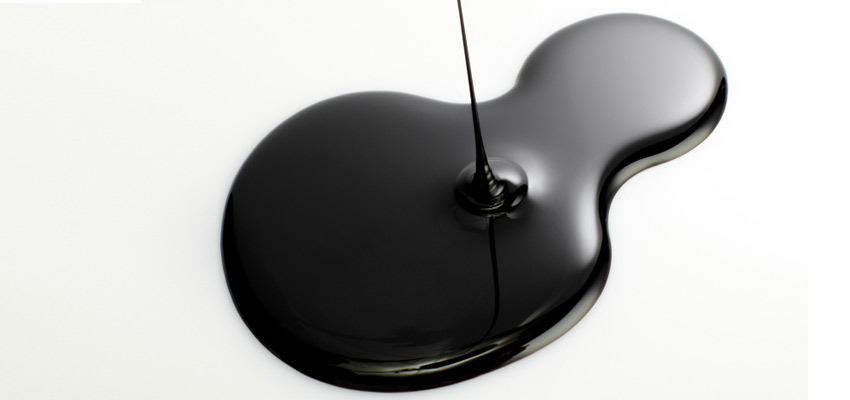After years of no progress since the last European recommendation (EU 2017/84), Spain becomes the first EU country to establish temporary action limits for the presence of MOAH in food, defined by the AESAN (Agricultural Agency for Food Safety and Quality)..
Mineral oil hydrocarbons (MOH) comprise a broad family of chemical compounds mainly derived from petroleum, coal, natural gas, or biomass. These substances can contaminate food through migration from packaging materials, machinery, additives, or industrial processes.
Within this group, two subcategories are particularly relevant to food safety:
- MOSH (Mineral Oil Saturated Hydrocarbons): saturated hydrocarbons
- MOAH (Mineral Oil Aromatic Hydrocarbons): aromatic hydrocarbons
According to the European Food Safety Authority (EFSA), current dietary exposure to MOSH does not raise health concerns for the age groups studied, although further research is recommended to assess potential long-term effects. In contrast, some components of the MOAH fraction, specifically those containing three or more aromatic rings, can damage DNA and present genotoxic and carcinogenic risks.
For several years, European legislation has not gone beyond monitoring recommendations. Specifically, Recommendation (EU) 2017/84 required Member States to establish surveillance programs for MOH in food and food-contact materials, but it did not set legal maximum limits.
Therefore, Spain’s decision to define temporary action limits for MOAH makes the country a pioneer in anticipating stricter regulation. In its recent technical note, the Spanish Agency for Food Safety and Nutrition (AESAN) has established a transitional policy to manage the presence of MOAH in food while definitive legislative measures are being developed.
The temporary action limits established are as follows:
- 0.5 mg/kg for dry foods with low fat/oil content (≤ 4%)
- 1,0 mg/kg for foods with fat content > 4% and ≤ 50%
- 2,0 mg/kg for fats, oils, or foods with > 50% fat/oil content
For the category “fats/oils and high-fat foods,” an exceptional limit of 10 mg/kg will be allowed for olive-pomace oils under transitional conditions until January 2028.
When analyses show concentrations above these limits, products must be withdrawn or recalled from the market. The measure applies to the food “as sold,” regardless of the source of contamination.
YOUR PLUS: The laboratories of the AGROLAB GROUP are fully prepared to respond to this new framework. They hold ISO 17025 accreditation for the determination of MOSH and MOAH in all types of food matrices, applying the official methodology established by the European Commission’s Joint Research Centre (JRC).
Author: Dra. Isabel Gómez, AGROLAB Iberica

 Contact
Contact

 Contact
Contact Career
Career